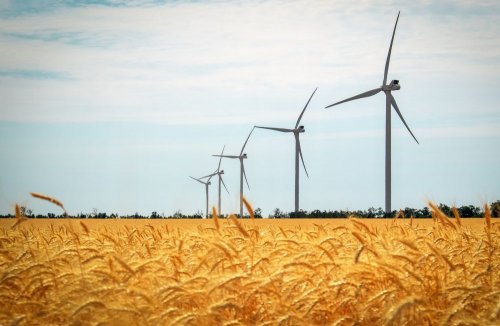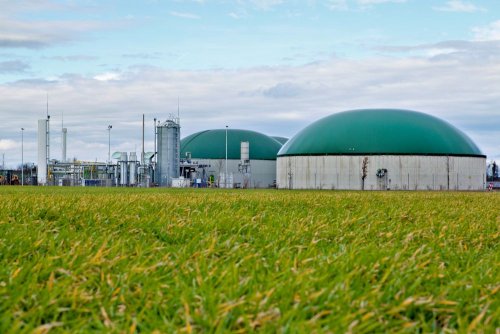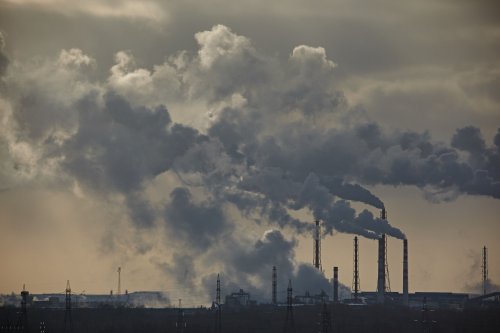The European Commission has supported the Ukraine Plan reform plan under the Ukraine Facility mechanism, which provides for EUR 50 billion over 2024-2027.
This was reported by the press service of the European Commission.
It is noted that the reform plan is in line with the goals of the Ukraine Facility, identifying key reforms and investments that will promote sustainable economic growth and attract investment to enhance the country's growth potential in the medium and long term. The plan is the basis for Ukraine's reconstruction and contains appropriate mechanisms to protect the EU's financial interests.
"Thanks to today's positive assessment, we have taken a decisive step towards the continued support of Ukraine by the EU. Our strong assessment is based on close cooperation with the Ukrainian government to ensure an ambitious plan that can positively affect the economy and society of Ukraine. If all 69 reforms and 10 investments in such key areas such as energy, transport or the business environment will be fully implemented, Ukraine's GDP can grow significantly in the coming years," European Commissioner for Neighborhood and Enlargement Oliver Vargei emphasized.
The European Commission adds that approval of the plan requires the approval of the EU member states, which takes one month. After that, up to €1.89 billion can be allocated in the form of pre-financing.
It is reported that the Ukraine Plan consists of 69 reforms and 10 investments, which are divided into 146 qualitative and quantitative indicators. These reforms cover 15 areas, including energy, agriculture, transport, green and digital transition, human capital, as well as state-owned enterprises, business environment, public finance and decentralization.
As it became known, the new program for Ukraine entered into force on March 1 and provides up to €50 billion in grants and loans to support the recovery, reconstruction and modernization of Ukraine.
- Of these, up to €32 billion will be allocated to support reforms and investments;
- €7 billion is planned to be mobilized for the Investment Program;
- €5 billion is provided for technical assistance to support reforms;
- €6 billion has been allocated for exceptional transitional financing.
As EcoPolitic previously reported, on March 18, the Cabinet of Ministers approved the Reform Plan for the European program to support Ukraine Ukraine Facility for €50 billion, one of the cross-cutting directions of which is the green transition.
The reforms of the green transition correspond to the Sustainable Development Goals of the UN regarding combating climate change and its consequences, and are also aimed at the development of Ukraine according to European standards.





